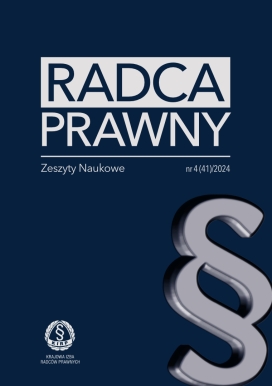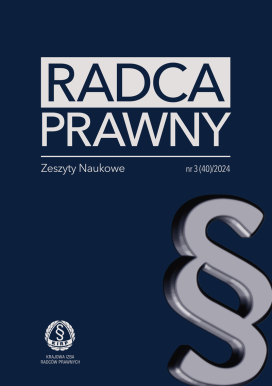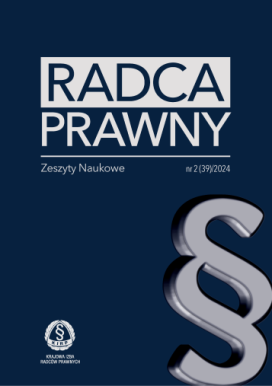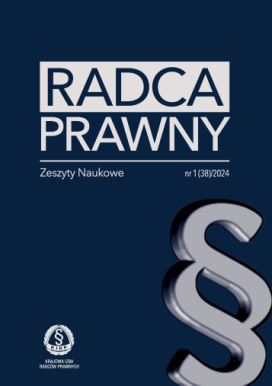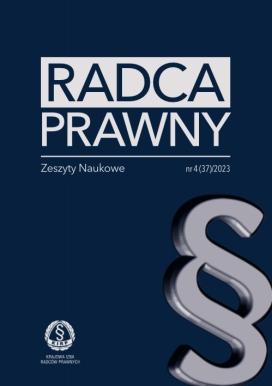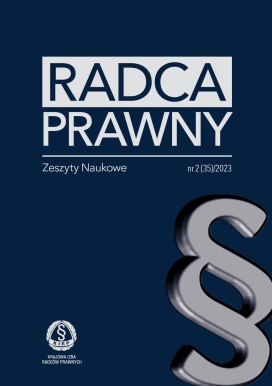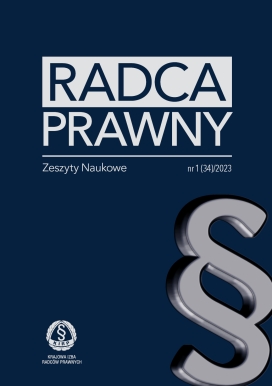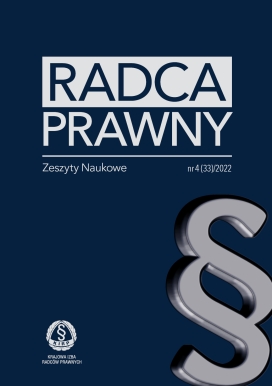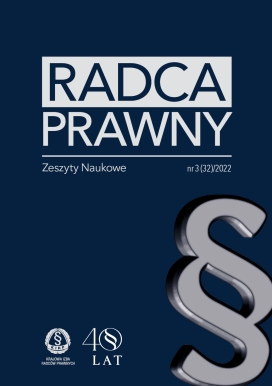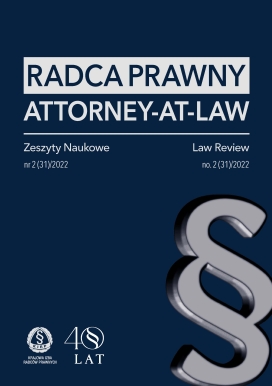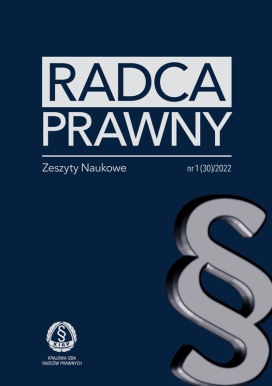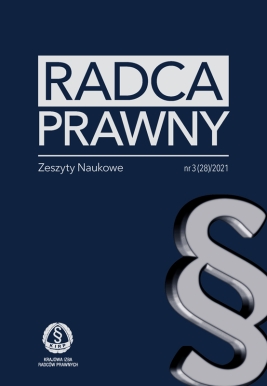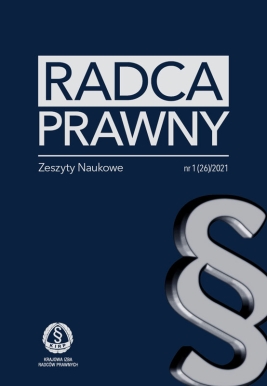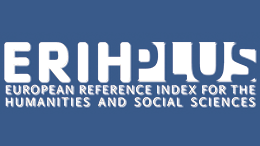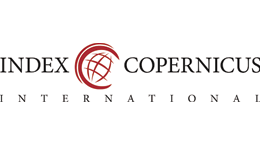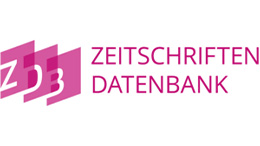Badacze populizmu zwracają uwagę na istotną rolę języka w realizacji jego agendy. Rola ta jest widoczna w praktykach propagandowych, w próbach redefiniowania pojęć zastanych i w zmianie konwencji społecznych, w tym konwencji językowych.
Niedawna fala populizmu (2010–2021) w szczególny sposób dotyczy prawa i praworządności, a tym samym zjawiska takie jak propaganda, redefinicja pojęć i zmiana konwencji realizują się często w obszarze języka prawa. Niniejsze opracowanie ma na celu analizę, jaki jest mechanizm powodowanych przez populizm zmian w konwencjach językowych rządzących językiem prawnym i prawniczym, a narzędziem tej analizy jest filozofia prawa wykorzystująca dorobek filozofii języka.
Wykorzystując pojęcia i teorie zaproponowane przez E. Laclaua, N. Lacey, R.G. Millikan i F. Recanatiego, w niniejszym opracowaniu wyjaśniam, na czym polega przeprowadzana przez populistów zmiana kultury prawnej, definiowanej jako zbiór konwencji językowych i behawioralnych istotnych dla prawa.
Główna teza opracowania w tym zakresie to twierdzenie, że populistyczna zmiana kultury prawnej polega na uczynieniu ważnych dla prawa pojęć znakami pustymi bądź nieustannie zmiennymi oraz na niszczeniu konwencji prawnych poprzez 1) zaprzestanie reprodukcji zachowań, które konstytuowały dotąd konwencje językowe i behawioralne w obszarze prawa; lub 2) rozpoczęcie reprodukcji zachowań nowych. W obu przypadkach zmiana konwencji wiąże się z utratą przez nie zdolności do realizacji funkcji właściwej w rozumieniu R.G. Millikan, a więc powoduje zmniejszenie bądź utratę przydatności społecznej. Z przeprowadzonej analizy płyną wnioski co do tego, jak można przeciwdziałać populistycznej zmianie kultury prawnej.


